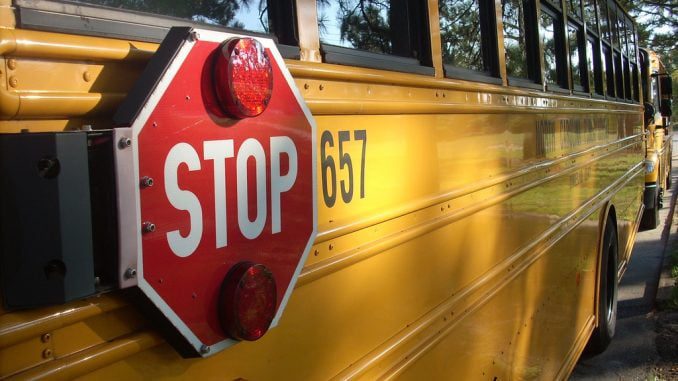
The proposed state budget includes increased funding for the North Carolina Pre-Kindergarten Program.
N.C. Pre-K is built upon a system of existing childcare centers, public schools and Head Starts that provide high-quality pre-k for eligible four-year-old children.
The program has been evaluated many times by institutions such as Duke University and Frank Porter Graham Child Development Institute, all showing fantastic results for children. If the budget passes, more children will receive a high-quality early education.
But there are governance and transparency issues plaguing the state’s Pre-K program.
For 20 years, I operated N.C. Pre-K classrooms, from its start in 2001 until I retired this past February. I also served on local N.C. Pre-K committees in two different counties.
Fundamentally, it is a great program, and I hope the budget passes, but it is time to review the program’s governance to include accountability and transparency.
Let’s start with who is really in charge — or not.
N.C. Pre-K was created by law, but the law is very vague on how it should be operated. The law is clear the program falls under the Division of Child Development and Early Education (DCDEE) and is subject to rules made by the state’s Child Care Commission.
But the Child Care Commission has not engaged in making many rules; this leaves the governance, for the most part, to DCDEE.
DCDEE in turn has side-stepped that responsibility by establishing a local committee for each county, which, among other things, are supposed to develop policies and procedures, pay providers and determine which operators get to have the classrooms.
DCDEE has side-stepped responsibility by establishing a local committee for each county, which are supposed to develop policies and procedures, pay providers and determine which operators get to have the classrooms.
These county committees are co-chaired by an appointee of the local schools’ superintendent and one from the local Smart Start “Partnership.” Additionally, each county DCDEE pays for a contract administrator that controls the money and the information. The administrator in many counties is the school system.
But there’s more.
The school systems who already co-chair the county committees are often the contract administrators, and they also operate classrooms. This means they can hand off contracts to themselves, and there is no oversight to stop it. This is a clear conflict of interest, created by DCDEE withdrawing itself from being accountable and kicking the can down the road to these county committees.
Statewide childcare providers know county committees are dysfunctional and haven’t been able to find relief.
Here is an example. This school year, childcare providers in one county did not receive payment for services; payments were a couple of months behind. Keep in mind the providers had to pay their teachers as scheduled from their own money or the teachers did not get paid. The school systems had state money available to pay providers but, for whatever reason, did not do so.
The non-payment situation was brought to the county committee and the contract administrator’s attention with no success. DCDEE was also asked to help, but the agency said it was a county committee problem and basically told providers, “Good luck, let us know what happens.”
It should not be a local problem. This is state money and DCDEE is responsible for it, but as I just described, DCDEE is not even accountable for one of its most basic responsibilities — paying for services rendered.
Returning to transparency, beyond the conflict of interest of a school district’s role on local committees and as recipients of funding, there is another example.
As a committee member, I requested to see supporting information that a sub-committee used to make a recommendation, and my request was denied.
DCDEE’s reply was, “The county schools public record policy would need to be reviewed prior to issuing documents.”
This is outrageous. A committee member cannot have the information that a sub-committee used to make a recommendation?
No records request should have been required. Furthermore, if it were, why would I be told to make the request to the school? It is not a local school-systems program. It is a DCDEE program, and this is another example of them passing the buck.
Pre-K operators and the children they care for are entitled to a transparent, fair Pre-K system where DCDEE is held accountable to manage N.C. Pre-K.
Kevin Campbell is former chair of North Carolina Licensed Child Care Association and president of Smart Kids Child Development Center



